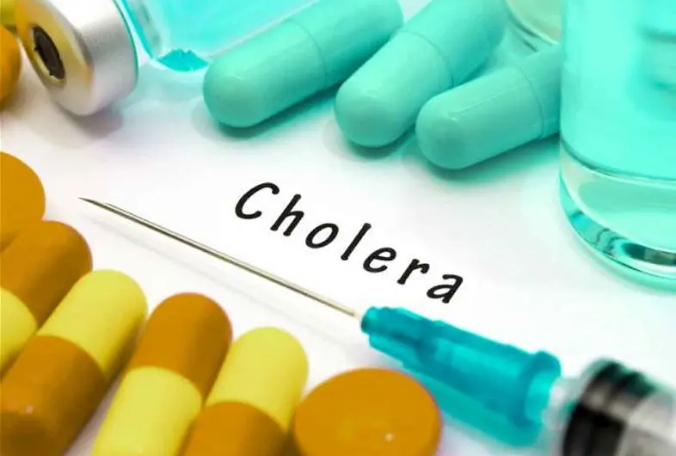
Tackling the cholera outbreak

THE latest cholera outbreak in Nigeria erupted about a fortnight ago in several states of the Federation. These include Lagos, Cross River, Delta, Abia, Katsina, Imo, Nasarawa, Ogun, Oyo, and Zamfara and 20 other states. Earlier this week the Nigeria Centre for Disease Control, NCDC, reported 1,141 cases nationwide, with Bayelsa and Lagos states recording 400 and 324 cases respectively.
On June 11, 2024, the NCDC opened its Emergency Operations Centre, EOC, the type we saw at work during the COVID-19 pandemic driven by the Presidency. The Rapid Response Teams, especially the Water, Sanitation and Hygiene, WASH, units were activated. Many state governments also drafted cholera kits into the fields.
As usual, the United Nations International Children’s Emergency Fund, UNICEF, is strongly partnering with government to bring the outbreak under control.
There was a similar outbreak in 2017 which recorded 2,309 cases and 57 deaths in 111 LGAs of 26 states. Since 1991, there have been five outbreaks affecting 43,996 persons and claiming 836 lives. What this means is that cholera is a communicable disease that always lies in wait ready to pounce once the situations that conduce to it apply.
Cholera is a bacterial disease that causes severe diarrhoea, vomiting and dehydration. It is spread mostly through contaminated food and water, which is why most outbreaks in Nigeria occur during the wet seasons. It requires the emergency attention of medical professionals, and it is often fatal if not treated right away.
Other factors that are favourable for the disease are conflict situations where people are crowded in refugee camps, reduced or non-existent stomach acids, raw or uncooked seafood and vegetables, and type “O” blood.
In countries like Nigeria where open defaecation and lack of potable, running water are still rampant, cholera is very endemic. Governments at all levels have largely abdicated their responsibility to provide potable water. This has led many who can afford them to drill wells and boreholes.
As in any other health issue, prevention is better than cure in tackling cholera. This can be done through improved sanitation, provision of clean drinking water, proper waste disposal and ensuring hygienic food handling practices. Regular hand-washing with soap and running water, especially before and after eating and toilet use, which became popular during the pandemic, should be a permanent lifestyle to escape most disease outbreaks.
These should be inculcated into schoolchildren to make it a permanent part of their lives. Community education and sensitisation takes this personal culture to the open society. It is also important to carry out frequent cholera vaccinations, especially in endemic areas and places with limited access to potable water.
Cholera is a very deadly disease. It can quickly kill if not treated early. Happily, however, it is preventable. Prevention is better than cure.














Post Comment